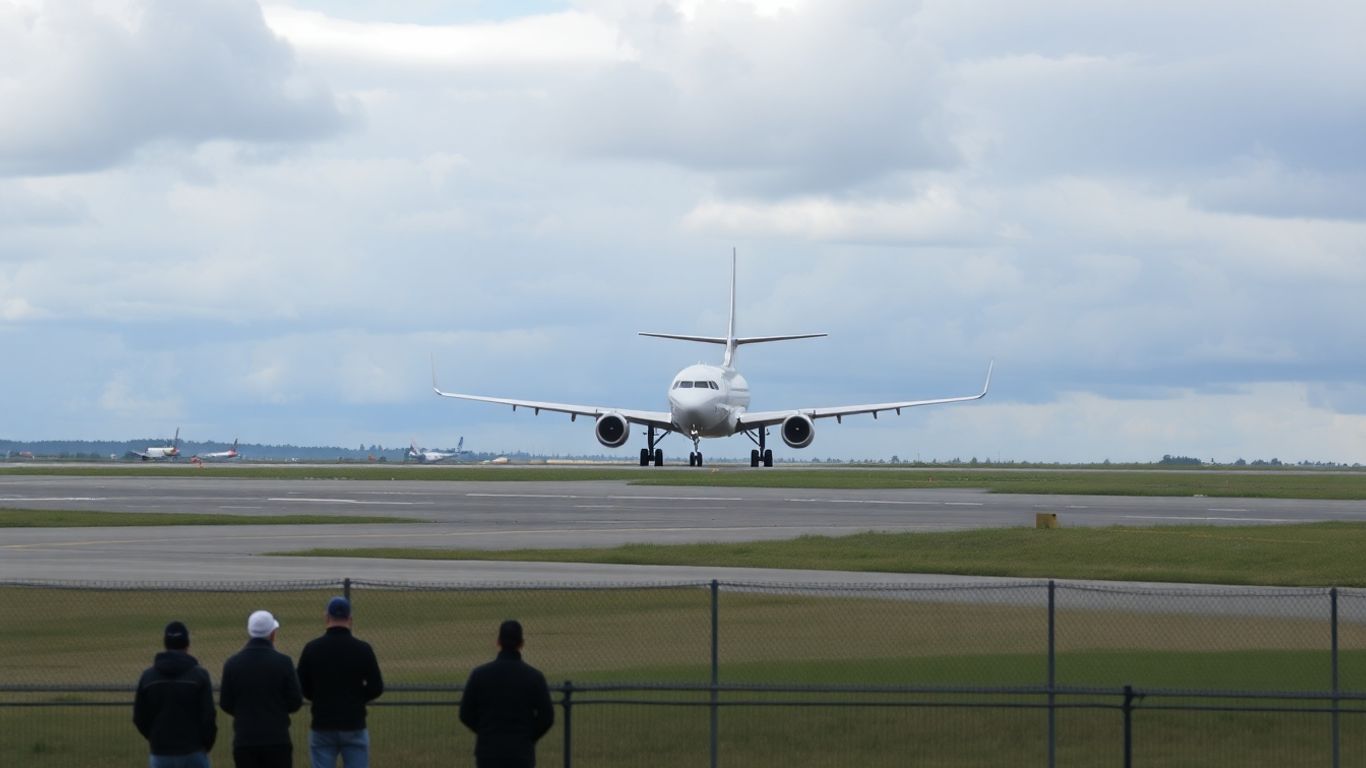Kosovo has agreed to a request from the United States to temporarily host up to 50 migrants deported from the U.S. who are not citizens of Kosovo. This agreement, confirmed by officials from both nations, is part of a broader U.S. strategy to manage deportations, particularly for individuals whose home countries are unwilling or unable to accept them.
Key Takeaways
- Kosovo will temporarily host up to 50 deported migrants from the U.S.
- The agreement aims to facilitate the migrants’ return to their home countries.
- Kosovo will have the ability to select individuals based on specific criteria.
- This move aligns with a wider U.S. immigration policy under the Trump administration.
Details of the Agreement
Kosovo’s acting government approved a measure to accept the deported migrants, who will be "temporarily relocated" while arrangements are made for their return to their countries of origin. The initial plan is to accept 50 deportees annually. Kosovo’s government stated its readiness to cooperate, with the condition that it can select individuals from a proposed pool who meet specific criteria related to the rule of law and public order.
U.S. Deportation Strategy
The U.S. State Department welcomed Kosovo’s cooperation, calling it a key priority for the administration. This initiative is part of a wider effort by the U.S. to secure agreements with countries worldwide to accept deported migrants. The U.S. has previously pursued similar deals with nations in Asia, Africa, and Latin America, sometimes facing legal challenges or diplomatic hurdles.
Kosovo’s Motivations and Previous Agreements
Kosovo, Europe’s youngest country, views this agreement as a demonstration of its shared values and cooperation with the United States, a strong ally that supported its independence from Serbia. The country also hopes such arrangements will strengthen its ties to the West and potentially bring economic benefits. This is not Kosovo’s first foray into such agreements; it previously agreed to host Afghan evacuees following the U.S. withdrawal from Afghanistan in 2021. Additionally, Kosovo has a deal to lease prison cells to Denmark for housing foreign prisoners awaiting deportation.
Concerns and Context
While the agreement is framed as a cooperative effort, organizations like Human Rights Watch have expressed concerns that using Balkan countries as host nations for migrants could potentially violate migrants’ rights and create new challenges for the host countries. The housing of migrants has been a sensitive issue in Kosovo and the wider Balkan region.
Sources
- Kosovo agrees to accept U.S. deportations of migrants from other countries, CBS News.
- Kosovo Approves Measure To ‘Temporarily’ Host Migrants Deported From The US, Radio Free Europe/Radio Liberty.
- Kosovo accepts US request to host third-party deportees, Reuters.






